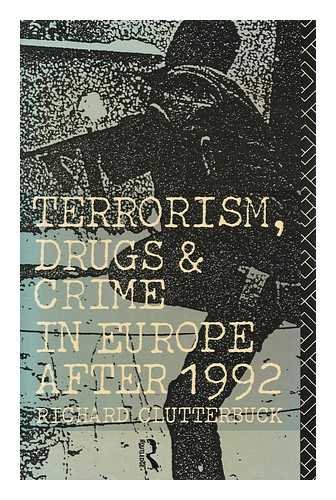After 1992, the European community will reap enormous benefits from opening its internal frontiers. But part of the price is increased mobility for terrorists, drug-traffickers, and money launderers - mobility to operate and to evade capture. Richard Clutterbuck confronts these problems in this analysis of European security. He considers the systems deployed by the European Community countries in attempting to curb organized crime and terror, and assesses which of these worked, which did not, and why. Why, for example, did the "pentiti" succeed in breaking terrorism in Italy, while the "supergrasses" failed to do so in Northern Ireland? He describes the technology now becoming available, for example the prevention of impersonation by the digital recording of fingerprints, voice and vein patterns and DNA, the linkage of Europe's national police computers, and the detection of explosives by vapour sniffing and neutron bombardment. He makes some radical proposals for airport security, fighting drug trafficking, and overcoming the intimidation of witnesses and juries, and examines their implications for civil liberties.
Finally the book foresees the prospect of the USSR, the USA and a united Europe co-operating for the first time to overcome the common enemy of terrorism.
- ISBN10 0415058430
- ISBN13 9780415058438
- Publish Date 4 October 1990
- Publish Status Out of Print
- Out of Print 8 November 2009
- Publish Country GB
- Publisher Taylor & Francis Ltd
- Imprint Routledge
- Format Paperback (UK Trade)
- Pages 256
- Language English
